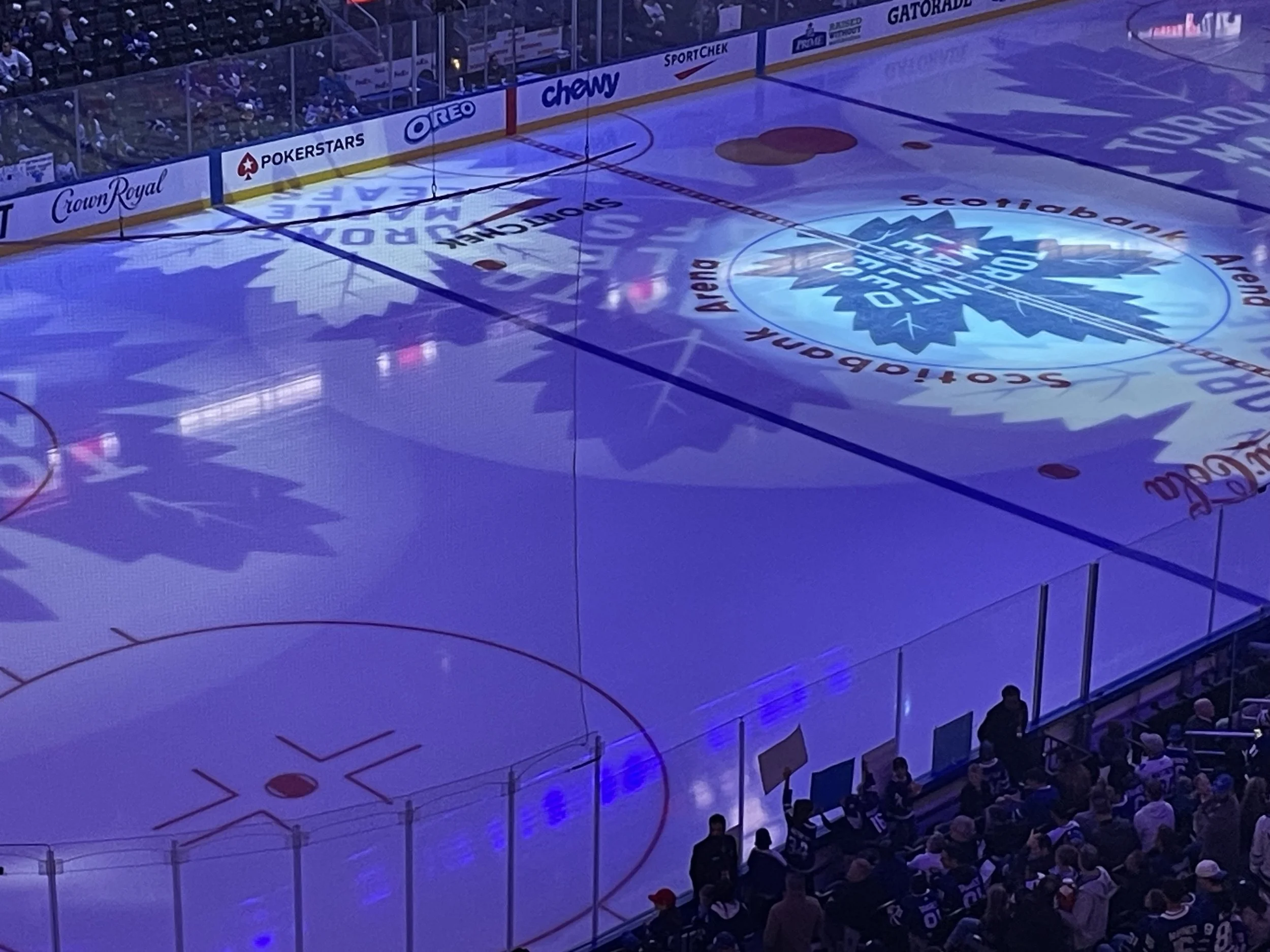Lessons from a hockey arena
I was recently at a hockey game, live and in person. Have you ever had the chance to see the Toronto Maple Leafs play live? There’s something truly electrifying about gathering with thousands of like-minded fans, all gathered under one roof, united in purpose, cheering on a team they’ve remained faithful and steadfast to through thick and thin. It’s an experience that leaves you feeling connected, even to strangers. We share in the highs and lows together, and it becomes about more than just the game—it’s about the community.
As the game unfolded, I found myself feeling that same sense of connection that so many others around me were experiencing. We all feel the collective tension when a player misses a shot or a perfect pass falls apart. And when the team scores? It’s pure euphoria. The crowd rises to its feet, we high-five complete strangers, and for a moment, we forget about the world beyond the ice. It’s the ultimate display of unity.
But the losses? Ah, those are tough to swallow. When the game ends and the Leafs don’t come out victorious, you can feel it in the air. The crowd becomes quiet, the energy drained, and we all slowly filter out of the arena with our hearts in our throats and our heads hung low. Someone even joked about it, saying, “It’s like the walk of shame.” And in that somber moment, I realized something profound: the community we share in both the joy of victory and the agony of defeat is something that transcends the game itself.
It reminded me of something I’ve experienced at church, oddly enough. You might not immediately see the connection between a hockey game and a Sunday service, but bear with me for a moment. Whether you’re attending a live hockey game or gathering in church on Sunday, you’re participating in a community of people with a shared purpose. You come together, united in your common goal—cheering for your team or worshipping with a heart full of gratitude.
In both settings, there’s an unspoken bond. When a goal is scored in a hockey game, it’s like we all share in that victory. In church, when a prayer is answered or when someone finds peace, we rejoice together. When a loss is suffered, be it in a game or in life, we’re there to console each other. In both spaces, we remind each other that we’re not alone in our journey. We can pick each other up and walk out of the arena—or church—together, heads held a little higher.
The Bible speaks a lot about community and being united with others. One scripture that comes to mind is Romans 12:4-5, which says, “For just as each of us has one body with many members, and these members do not all have the same function, so in Christ we, though many, form one body, and each member belongs to all the others.” Whether we're on the ice or in the pews, we’re part of something bigger than ourselves. We might not always have the same role, but we are united in a shared purpose. In the arena, our purpose is to cheer, to support, to lift up. In church, our purpose is to worship, to support, and to serve. It’s the same idea: community and belonging.
So whether you're sitting in a seat at a hockey arena or a pew at church, there’s something truly special about that moment when we come together. We all have our highs, our lows, and moments when we just need someone to lean on. But in the end, we walk out together, grateful for the experience, knowing that we are part of something greater.
That camaraderie, that connection, is something worth celebrating—both in the arena and in our faith. And even when the game doesn’t go the way we hope, we can find peace in knowing that we have each other to lean on, no matter what.
In Hebrews 10:24-25, it says, “And let us consider how we may spur one another on toward love and good deeds, not giving up meeting together, as some are in the habit of doing, but encouraging one another—and all the more as you see the Day approaching.” Whether we’re cheering at a hockey game or supporting each other through life’s challenges, it’s the community that makes all the difference.
So next time you're at the game, or sitting in church, remember that you’re part of something bigger. You’re part of a community that has your back—win or lose. And that, my friend, is worth celebrating.

